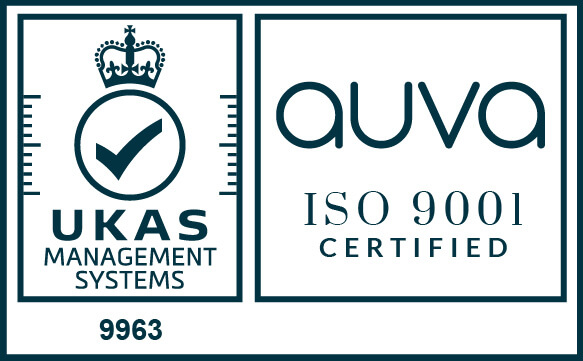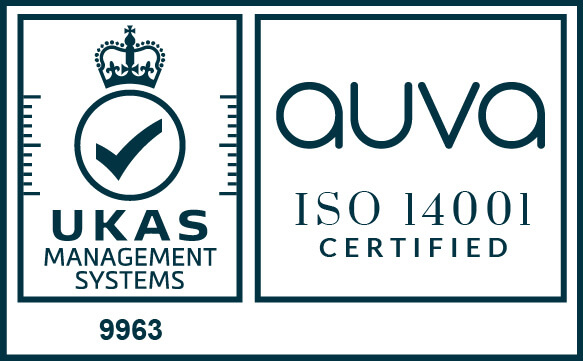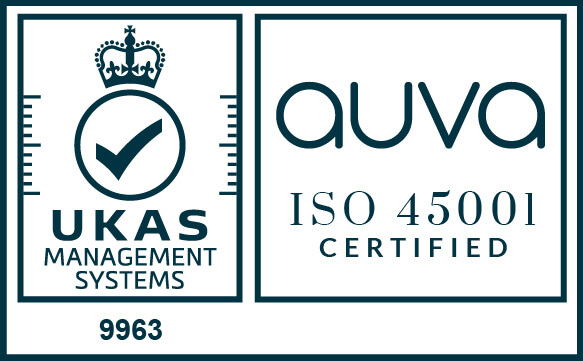What’s the difference between a UPS and an Inverter?

Both uninterruptible power supplies (UPS) and inverters are used to deliver an emergency electrical power supply when an outage occurs. But which is best for your organisation’s power needs? This blog offers insights into each system and will help you discover which is best for your business.
What is an inverter?
An inverter is an electronic device that converts direct current (DC) into alternating current (AC). This device can be used as a standalone unit, which is capable of receiving power from DC sources such as solar power and batteries. Upon receiving power from a DC source, it will convert it into AC to supply power to the critical load. An inverter does not generate or store power, but it can be connected to power sources to support power supplies. Inverters are one of the major components within an uninterruptible power supply.
What is a UPS?
An uninterruptible power supply is a device that serves as a conduit between a mains power supply and a critical load. It has two functions, the first is to provide a backup power supply when there is a total mains failure in order to protect the critical load. Secondly it regulates the incoming supply from the mains to maintain a clean and stable power supply, in doing so it protects the critical load from power surges that can damage your system. A UPS relies upon a secondary source of power (batteries) to allow the critical load to continue to run in the event of a failure, giving you the time to save any data or address the failure to bring everything back into normal operation.
UPS vs Inverter: What’s the difference?
Both a UPS and inverter provide backup supply to electrical systems. One major difference between the two is that a UPS system switches power from the main supply to the battery instantly, whereas an inverter takes time to switch from the mains supply to the battery.
A UPS provides backup for a short duration of time whereas an inventer supplies power for an extended period of time. A UPS has a number of key components for storing and converting power, this includes a built in rectifier, inverter and battery. A rectifier converts AC into DC so that it can be stored within the built in battery, whereas an inverter relies upon an external battery supply to store DC power.
A UPS is a much better choice when powering sensitive equipment such as data servers, while an inverter provides a cost-effective solution for providing backup power to appliances that are not affected by voltage abnormalities. It’s also worth noting that a UPS provides protection to the load against spikes, voltage fluctuations and noise, whereas an inverter does not.
Should I choose a UPS or an inverter?
When it comes to picking your preferred emergency power supply provider, there are factors such as costs, power requirements and equipment to be considered. It all comes down to your backup requirements and it's important to consider the extended delays that an inverter holds.
If your business is a large organisation and has high requirements, there is no doubt you’ll need a UPS, which reduces delays and will ensure data security.
If you are looking for a system for home use, then an inverter would be more suitable, but this is for general domestic electrical gadgets such as bulbs and TVs, where the delay is durable. However, for critical devices such as computers, we would again advise using a UPS in case of data loss.
Another way to think about it would be, what are the consequences of not being protected in the event of a failure? For a lot of businesses and individuals it is the downtime, the inconvenience, the impact it has on stakeholders, costs associated with fixing the system, as well as the financial losses to business. All of these directly and in-directly affect your position within the business or household.
Want to protect your business from outages? Paul Anton are experts in power protection and can advise on the best solution for your needs. Please get in touch today for a free consultation.












